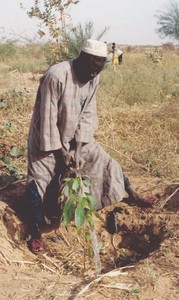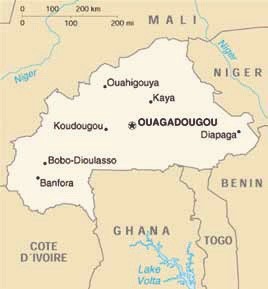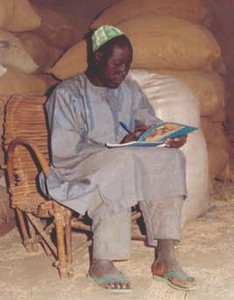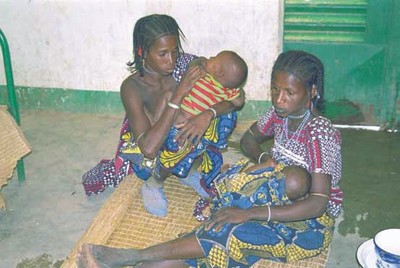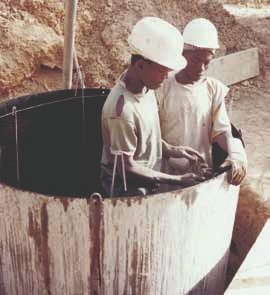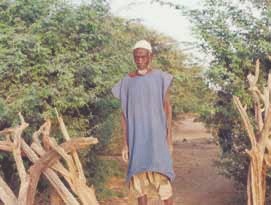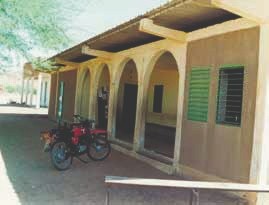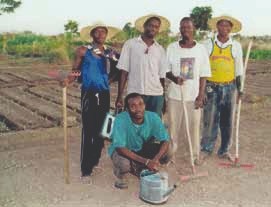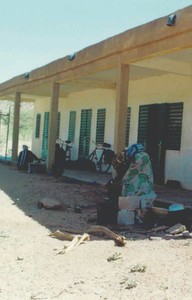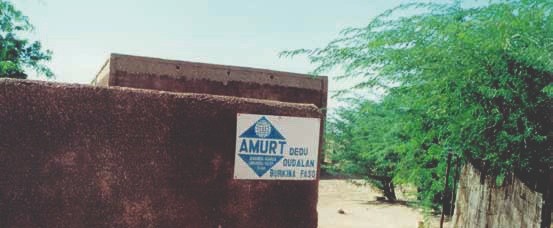
Health and agriculture project
Project in numbers
| heading of table | |
|---|---|
| label | number |
Summary
Burkina Faso is one of the poorest countries in the world. According to the Human Development Index of the United Nations, this West African country ranks 174 out of 177 (at the moment of our presence in the country). Though independence from France was declared in 1960, insecurity and poor living conditions affected the country’s stability until the 1990s. In consequence, hundreds of thousands of people migrated to countries located south of the country.
The north of Burkina Faso accounts for a big part of the Sahel zone. Dry seasons dominate the climate in this arid Savannah. The effects of continuous climate change have led to permanent desertification, characterised by higher temperatures, less rainfall, bushfires, deforestation and soil exploitation. Devastating dry periods and unpredictable heavy rainfall make it very hard to set up agricultural activities, even though the majority of the population depend on agriculture and farming for survival.
Health is another major problem in Burkina Faso. There are very high HIV/AIDS infection rates in the country, as well as malaria. Poor health conditions result in short life expectancy, high infant mortality and high death rates among the inhabitants.
Our activities here were two-fold: on the one hand, we concentrated on the improvement of health conditions. We constructed a hospital that was officially handed over to the government in 1997 and provided medical aid to 70 people everyday.
On the other hand we focused on agriculture. We planted local vegetables, high in protein like sorghum and millet. Our agricultural project targeted over 1,000 beneficiaries and their families. We distributed seeds and organised training sessions for our target groups to enable them to develop more efficient agricultural methods.
Project Partners
Association d’Aide au Développement
Fédération Genevoise de Coopération


